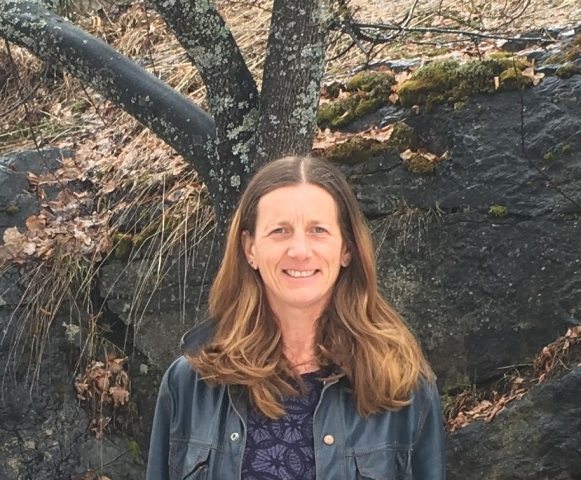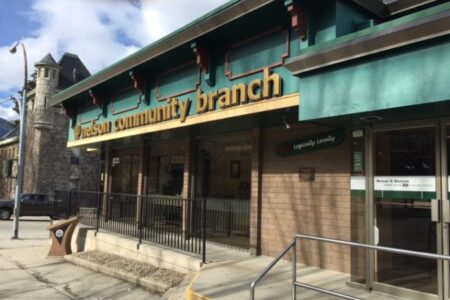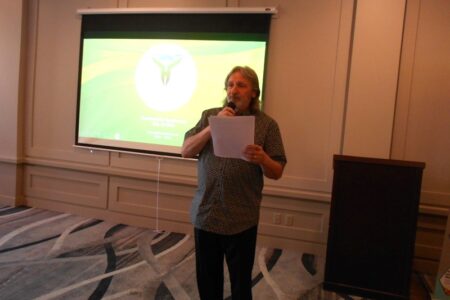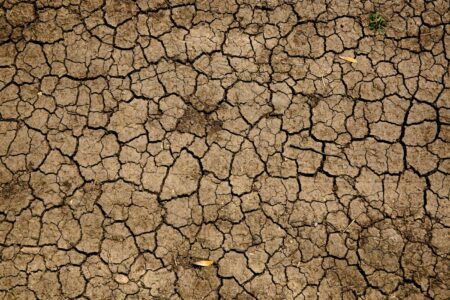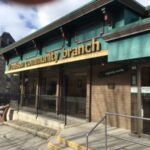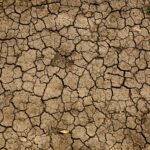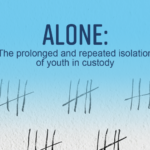Compare the candidates and their parties: Part II
The Rossland Telegraph asked two sets of questions of the local candidates in this provincial election. Answers to the first four questions (Part I) appeared last week. Candidates’ answers appear in the order in which they were received, and their pictures do too — last week, we illustrated Part I with Katrine Conroy’s picture; this week, we show Samantha Troy’s picture; and next week readers will see a picture of Jim Postnikoff.
This week, the New Democratic Party (NDP) and Green Party candidates have submitted answers to the second set of four questions; the Liberal candidate apologized but has been too busy to respond. For the Liberal position on the topics of the questions, we have referred to the Liberal platform and the actions of the Liberal government.
Question #5: Who does your party think should pay to clean up mining disasters such as the Tulsequah Chief acid drainage and the Mt. Polley tailings dam collapse: taxpayers, or the mining company involved? What, if any, changes would be required?
Katrine Conroy, NDP: British Columbia’s mining sector is an important job creator in many BC communities. Over the last number of years the mining industry has struggled to move projects forward as it has faced delays and uncertainty. Further, major disasters that follow cuts to inspections and monitoring have hurt the reputation of the mining industry. The BC NDP will work with communities and the mining industry to create good and sustainable jobs that have safety front and centre. We will assess mining applications with an improved, properly resourced approvals process, to get to good decisions faster. We will increase industry safety, by establishing an independent oversight unit, and providing it with the resources to do its job thoroughly, effectively and in a timely way, increasing confidence in the sector. We will expand the role of the BC Geological Survey (BCGS) and use GeoScience and BCGS data to inform land use planning initiatives in partnership with First Nations.
Samantha Troy, Green Party: B.C. Greens do not believe that British Columbian taxpayers should be financially liable for industrial disasters such as the Tulsequah Chief acid drainage or the Mt. Polley tailings dam collapse. A B.C. Green government will establish a natural resource sector-wide compliance and enforcement unit that will be responsible for the continuum of compliance and enforcement activities from inspections to prosecutions. A $20 million funding allocation will be committed to enhance monitoring, compliance and enforcement.
The B.C. Green Party believes that government should be responsible for managing the province’s resources for the benefit of both present and future generations of British Columbians. We recognize that economic opportunities are essential for people, and our sustainable economy proposals are designed to seize opportunities our natural resources afford us through innovation, efficiency, value-added and intrinsic benefits by promoting their stewardship and sustainable use.
The challenge moving forward is that the past is no longer a good predictor of the future. Professional associations are grappling with the task of how to factor climate risk management into their planning and design, and professional codes of practice. Many areas of government still lag in their recognition of the need to adapt their operating practices to a changing climate and changing future economic potential.
Liberal Candidate Jim Postnikoff has not submitted any answers, but the Liberal platform is very supportive of the mining industry, and has recently allowed Mt. Polley to build a pipeline to dump mine waste directly into Quesnel Lake.
Question #6: What is your party’s plan for the Site C dam — to continue building it, or pause to subject it to review by the BC Utilities Commission, or to scrap it? Why?
Katrine Conroy, NDP: The Site C Dam project has been pushed forward in north-eastern BC without allowing for proper oversight by the British Columbia Utilities Commission, who are responsible for protecting BC Hydro customers and taxpayers across the province. It was also done without maximizing productivity from already existing dams. When new hydro electricity is needed, the BC NDP will focus on maximizing capacity of current infrastructure. Rather than new dams, we can generate new power by upgrading existing dams.
Samantha Troy, Green Party: B.C. Greens believe that the Site C project should be immediately suspended and properly assessed. There is quite well-sourced evidence indicating that Site C is not environmentally or economically prudent. A Green government will rebuild the scientific and technical capability of the B.C. Public Service.
Liberal Candidate Jim Postnikoff has not submitted any answers, but the Liberal platform declares the party’s intention to push ahead with the Site C dam without any involvement of the BC Utilities Commission.
Question #7: What does your party plan to do about open-net fin-fish farms — increase their numbers and subsidize them, or eliminate them to protect wild salmon populations? What evidence is your party’s plan based upon?
Katrine Conroy, NDP: BC’s wild salmon are an iconic species that underpin entire ecosystems. Salmon are critical to the food, livelihoods and culture of coastal communities and First Nations. We will ensure that the salmon farming industry does not endanger wild salmon by implementing the recommendations of the Cohen Commission, keeping farm sites out of important salmon migration routes, and supporting research and transparent monitoring to minimize the risk of disease transfer from captive to wild fish. We will also provide incentives to help the aquaculture industry transition to closed containment where possible.
Samantha Troy, Green Party: BC Greens support the abundant scientific evidence which states that the open net-cage salmon aquaculture industry is unsustainable and is implicated in the decline of wild salmon stocks and other environmental hazards not just in B.C., but worldwide. We need legislation to recognize this evidence.
Liberal Candidate Jim Postnikoff has not submitted any answers, but the Liberal platform suggests that, though the Liberal government has continued to increase the number of open-net fin-fish farms along wild salmon migratory routes on the BC coast, and has rejected calls for testing farmed salmon for disease before introducing them into BC waters, the party promises to put $500,000 toward research on closed-containment fin-fish aquaculture.
Question #8: There has been criticism of the proposed LNG plant to be built on Lelu Island, by Flora Bank, a prime habitat used by juvenile salmon of the Skeena River run. What is your party’s position on that? What considerations is it based upon?
Katrine Conroy, NDP: We are in favour of resource development, including LNG, but it needs to in the best interest of British Columbians. For LNG, we have four conditions:
Projects must offer jobs and training for British Columbians, especially jobs for local people.
The people of BC must get a fair return for our resources.
Projects must secure full partnerships with local First Nations.
Projects must complete a made-in-BC environmental assessment, and achieve the highest environmental standards while respecting our commitments to combating climate change.
We have determined that this proposal as outlined does not meet these four conditions.
Samantha Troy, Green Party: Regarding the Lelu Island LNG plant, there is much evidence to support the environmental conflict of LNG development in that particular migratory bottleneck and juvenile salmon habitat. The economic viability of the project is also not supported. The Green Party will reform the governance of the oil and gas sector to remove conflicting interests within the Oil and Gas Commission. We want to avoid conflicts of interest in the management of our natural resources, through ensuring that decision-makers operate independently of government and industry.
Prevalent policies do not respect evidence-based indicators. We need a government that will.
Liberal Candidate Jim Postnikoff has not submitted any answers, but the Liberal platform is enthusiastic about developing the province’s shale gas deposits by continuing and expanding fracking operations, especially in northeastern BC’s Montney Basin, and building pipelines to transport product to LNG plants along BC’s coast. The Liberal Government has given the Lelu Island project permits to go ahead.
Next week, candidates have an opportunity to publish a statement of up to 1500 words, in which they are required not to refer to other candidates or other parties. Let’s see what they have to say.


